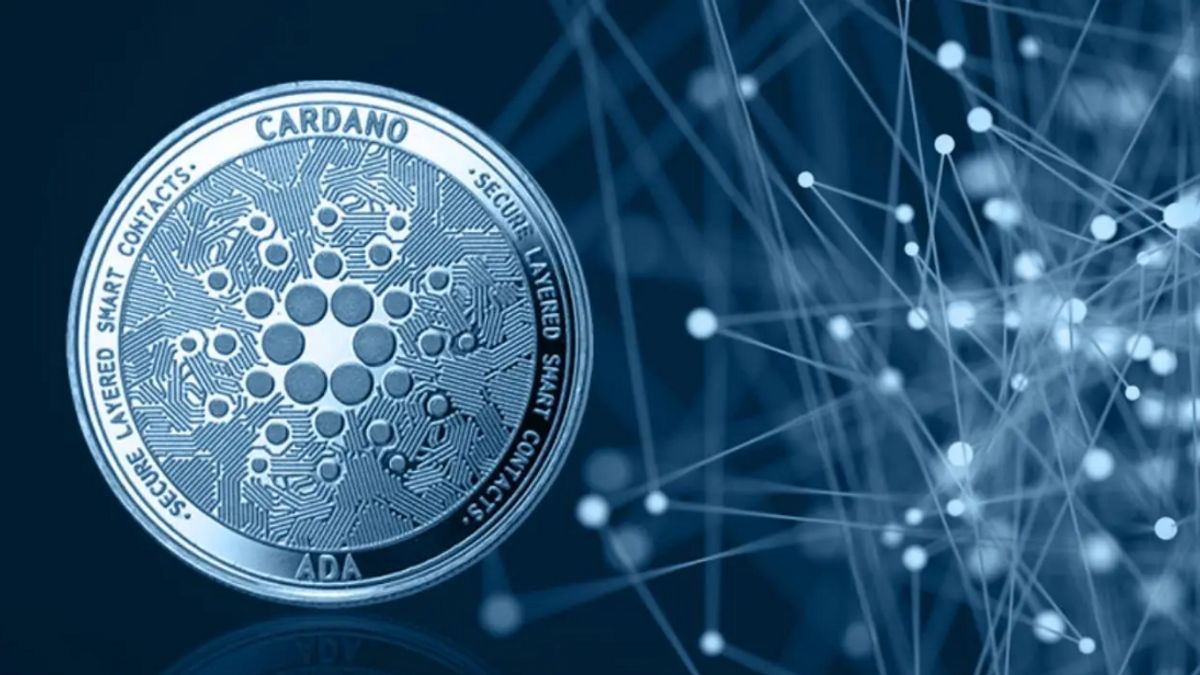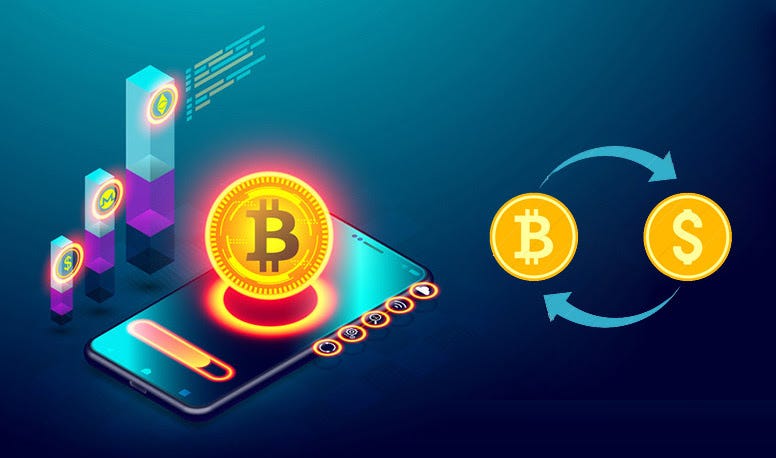Cryptocurrencies have revolutionized the way we transact and conduct business. One key innovation within the crypto realm is the concept of smart contracts. Smart contracts are self-executing agreements with predefined rules that automatically execute when specific conditions are met. In this article, we will explore smart contracts using a day-to-day example to help you understand their practical implications.
Scenario: Renting an Apartment
Let’s imagine a scenario where you want to rent an apartment using cryptocurrency and leverage the power of smart contracts.
- Setting up the Contract: To begin, you and the apartment owner would create a smart contract using a blockchain platform that supports smart contract functionality, such as Ethereum. The contract would outline the terms and conditions of the rental agreement, including the rental duration, monthly payment amount, security deposit, and other relevant details.
- Security Deposit: Traditionally, when renting an apartment, you would provide a security deposit to the landlord. With a smart contract, this process can be automated. You would transfer the agreed-upon amount of cryptocurrency into the smart contract’s digital escrow account. The contract would hold the funds securely until the end of the rental period.
- Rent Payment: Each month, on the predetermined payment date, the smart contract would automatically execute the transfer of the monthly rental amount from your cryptocurrency wallet to the apartment owner’s wallet. This process eliminates the need for manual transactions or the involvement of intermediaries, such as banks or payment processors. The transparency and automation of smart contracts ensure timely and accurate rent payments.
- Verification of Conditions: The smart contract can incorporate various conditions to ensure compliance. For example, the contract can include a clause that states the apartment owner must provide a unique access code for the apartment’s electronic lock before receiving each month’s payment. This condition verifies that you can access the apartment before releasing the funds. If the access code is not provided by the specified date, the smart contract would not execute the payment.
- Dispute Resolution: In the event of a dispute, smart contracts offer a decentralized mechanism for resolution. Let’s say there is damage to the apartment that both parties disagree on. The smart contract could stipulate that an independent third party must assess the damage and provide a resolution. If both parties accept the third party’s decision, the funds in escrow can be released accordingly.
- End of Rental Period: As the rental period approaches its end, the smart contract can be programmed to release the security deposit back to you, minus any deductions for damages or outstanding payments. This process is transparent and eliminates the need for lengthy discussions or disagreements about the return of the deposit.
Smart contracts bring automation, efficiency, and transparency to the world of cryptocurrencies. By using a day-to-day example like renting an apartment, we can see how these contracts streamline processes, eliminate intermediaries, and provide a secure framework for executing agreements. As blockchain technology continues to advance, smart contracts have the potential to revolutionize various industries beyond just cryptocurrency.














